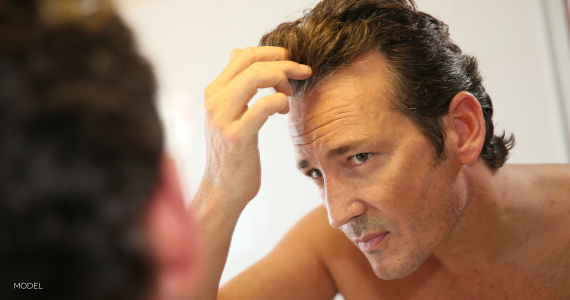
The Top Dos and Don’ts After Hair Transplant Surgery: What Every Patient Should Know
Undergoing a hair transplant is a life-changing step toward regaining your confidence and restoring a more youthful appearance. At the Quatela Center for Hair Restoration, Drs. Quatela, Lee, and Montague, along with our dedicated, experienced hair restoration team, are committed to delivering exceptional results using advanced techniques. However, the success of your procedure doesn’t rest …








